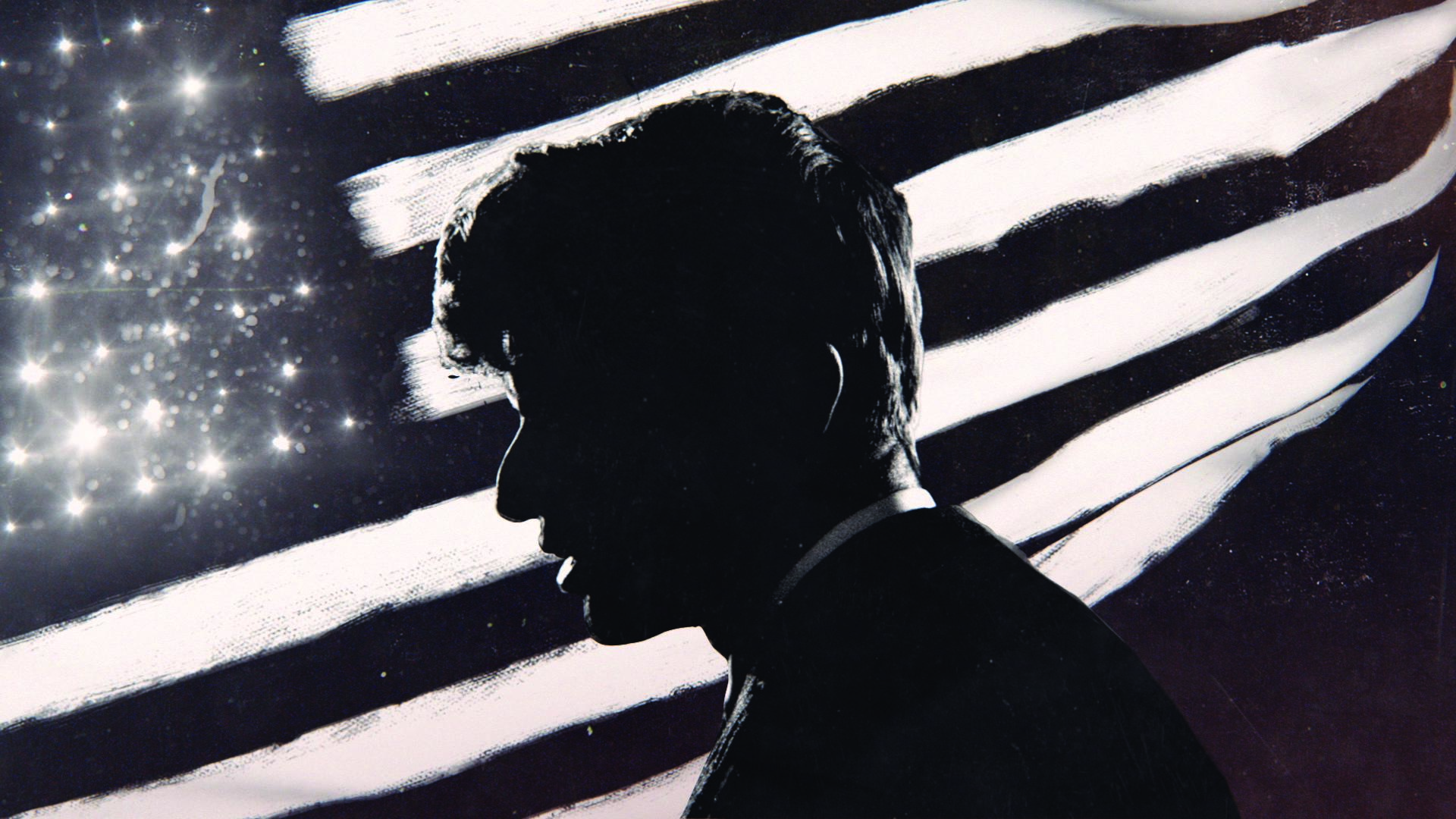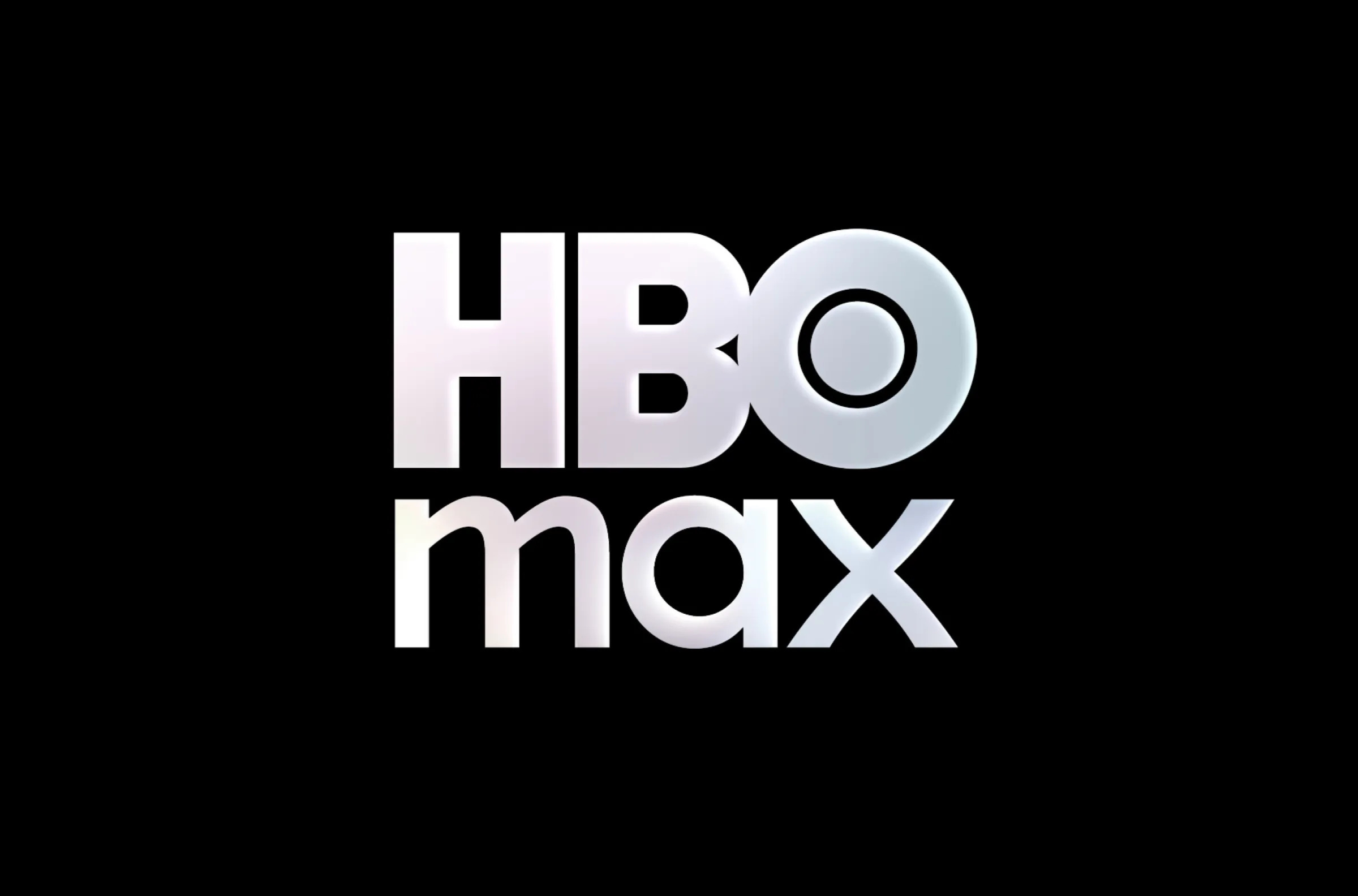
Bobby Kennedy for President is a stark reminder of what the world lost when Senator Robert Kennedy was killed in June 1968.
The documentary comes on the heels of the 50th anniversary of Kennedy’s presidential run. It was a presidential campaign that, while shy of 90 days, would change a nation for better or worse. With the ongoing Vietnam War, there was a lot of conflict within the Democratic Party. RFK was running a campaign against fellow Senator Eugene McCarthy and incumbent vice president Hubert Humphrey. Humphrey stepped in to run since President Johnson withdrew himself as a candidate.
There are a lot of moments in viewing the four-part documentary in which one wonders what could have been. The world could very well have been a different place if Kennedy hadn’t been killed. It was a year that had seen the tragic death of civil rights leader, Reverend Martin Luther King, Jr. in April. It was RFK who addressed the citizens of Indianapolis that April evening and was somehow able to keep the city calm amid the nationwide protests.
In addressing the aftermath, the film briefly touches on what happened at Chappaquiddick with Ted Kennedy’s nationwide address. The younger Kennedy turned down the opportunity to replace his brother at the 1968 Democratic National Convention. As such, Senator George McGovern would make a run to appeal to the Kennedy base.
Director Dawn Porter has amassed a wide aware of rare footage in addition to that which has never-before-been-seen. Because of Kennedy’s death, there’s a nice amount that focuses in on the Ambassador Hotel tragedy. Even though the film starts with the news of RFK being shot, director Dawn Porter makes the wise decision to take things back to the late 1950s when Bobby was helping his brother, John Kennedy, run for President. RFK would serve as Attorney General under his brother. As a result of Bobby being Attorney general, Congress placed a nepotism law in effect for the administration. With Bobby growing frustrated with President Lyndon Johnson’s administration, he would make a run for the United States Senate in New York.
RFK followed in his brother’s footsteps in that he continued the mission that Jack had started as president. He took trips to rural communities of America, including Mississippi and Eastern Kentucky. It was in this sense that the younger Kennedy fulfilled the mission of his fallen brother.
Congressman John Lewis, a leader in the Civil Rights movement, is among the many people interviewed for the film. Lewis was on the ground in the 1960s. Even though he didn’t see eye to eye with Kennedy at times, Lewis wanted to pick up where Bobby left off. To this day, he’ll ask himself, “What would Bobby Kennedy do?” There ought to be more politicians like Lewis that ask themselves the question.
There are many friends and RFK supporters interviewed. Perhaps none more important than Paul Schrade who has been working years to seek justice for Bobby’s death. Schrade, well into his 90s, has been working to re-open the RFK murder case. Is there a cover up on the part of the LAPD? Maybe but who really knows at this point. What is known is that some of the evidence was tampered with by LAPD officers. Schrade was on hand for Sirhan Sirhan’s 15th parole hearing. This section of the documentary is fascinating in its own right.
As sad as it was to lose Jack Kennedy in November 1963, perhaps it was the loss of Bobby Kennedy in 1968 that had a greater impact on the country. Had he lived, there’s no doubt that he would have defeated Richard Nixon in 1968. Watergate probably would never have occurred. The US would have left Vietnam much sooner. There are so many what-ifs that historians could debate it for hours at at a time.
A must-watch for Kennedy fans, Bobby Kennedy for President expands on the RFK legacy and the search for justice.
DIRECTOR: Dawn Porter
SCREENWRITER:
FEATURING:
An official selection of the 2018 Tribeca Film Festival, Bobby Kennedy for President makes its world premiere in the Tribeca TV program. Netflix will release all four episodes on April 27, 2018.



